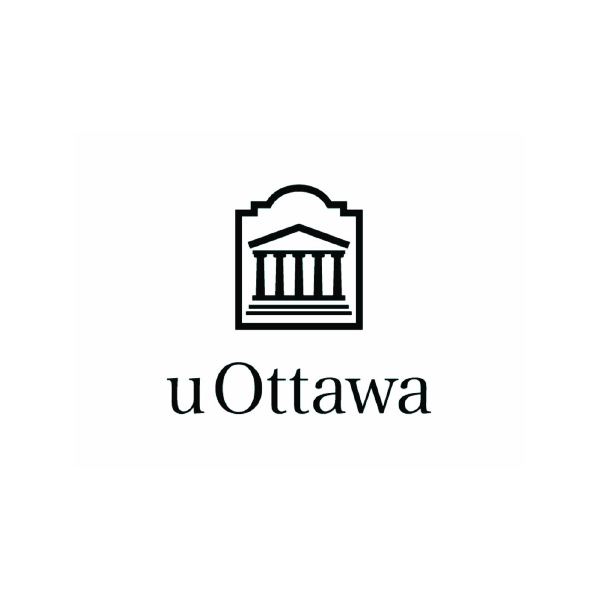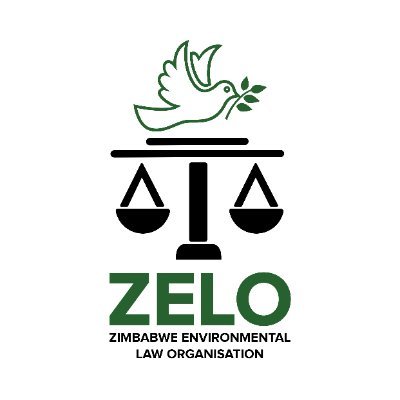PROJECT
Surging global demand for 'critical minerals' used in renewable energy technologies represents unprecedented opportunities and challenges Southern Africa, home to substantial concentrations of these materials. Experts anticipate that rising international consumption will sustain demand and prices until mid-century due to the impact of the ‘Green Transition’, the strategic shift led by industrialized countries towards the replacement of carbon-based fuels and energy generation with renewable energy sources and technologies.
Yet as Southern Africa emerges as a priority destination for miners and traders of these 'critical minerals', there are growing concerns in the region about the capacity of local governments to regulate the foreign-dominated industry and ensure their countries’ equitable share in the benefits of critical minerals’ rapid growth. Recent African iterations of ‘extractivism’ –national development strategies that rely heavily on revenues derived from mineral exports – produced disappointing results in the 2000s and 2010s, delivering weak economic growth, few opportunities for local miners, businesses and workers, and poor fiscal support for the strengthening of state social services.
Building on the insights of a multidisciplinary team of partners in place since 2018, the African Extractivism and the Green Transition project studies the dynamics of critical minerals’ extraction, beneficiation and regulatory innovations in four leading Southern Africa mineral exporters – the Democratic Republic of the Congo, Tanzania, Zambia and Zimbabwe. The six-year project brings together political economists, anthropologists and sociologists, legal scholars, historians, and policy analysts and advocates from a diverse collection of research organisations, with the aim of addressing key research and knowledge gaps and supporting public debates and policy-making initiatives in Southern Africa, and beyond.








